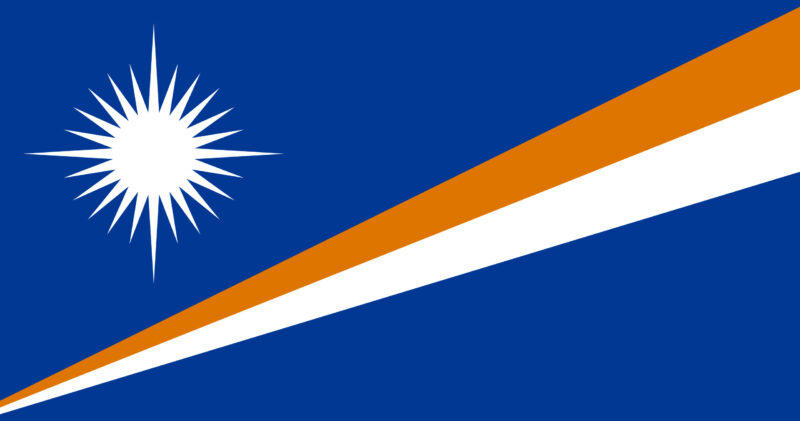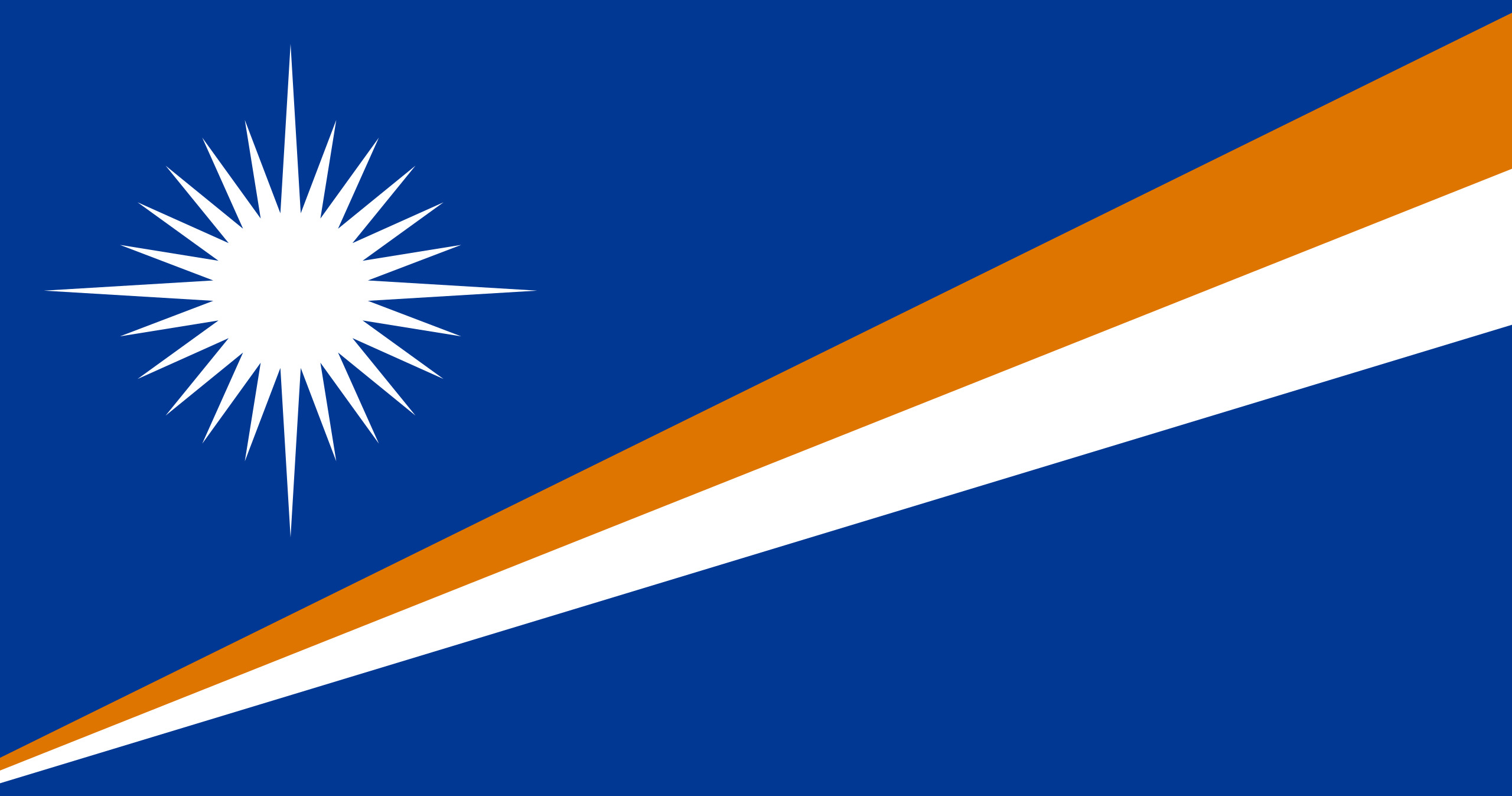The Ministry of Health and Human Services of the Marshall Islands has issued an announcement regarding the ongoing mpox outbreak, detailing the global context, current outbreak situation, risks in the Marshall Islands, and future measures. Japanese residents are advised to monitor the infection situation closely and take precautions.
Global Context and Current Outbreak Situation
The ongoing mpox outbreak in the Democratic Republic of the Congo and surrounding regions has, since January 2023, resulted in over 22,000 suspected cases and more than 1,200 deaths. This outbreak is considered one of the most severe, and in August 2024, the World Health Organization (WHO) declared it a Public Health Emergency of International Concern (PHEIC). While cases have decreased across all WHO regions, the rise in infections in the African region, particularly in the Democratic Republic of the Congo and its neighboring countries, is attributed to the new clade Ib.
In this outbreak, the more severe and deadly clade I mpox is mainly spreading, and it has also reached other African countries, including Burundi, the Republic of the Congo, the Central African Republic, Rwanda, and Uganda.
In the United States, effective vaccination and public health measures have significantly reduced mpox cases from their peak in mid-2022. However, sporadic cases continue to be reported, especially among high-risk groups. For example, in July 2024, an additional case was reported in Hawaii, bringing the total to 51 cases since June 2022.
In August 2024, the Philippines reported its first case of the year, a 33-year-old man with no travel history, indicating the possibility of domestic transmission. This case highlights the ongoing risk even in areas that have recently seen no infections.
Risk in the Marshall Islands
Due to geographic factors limiting travel destinations, the risk of mpox entering the Marshall Islands is considered low to moderate. However, given the cases in neighboring regions such as Hawaii and the Philippines, continued vigilance is necessary. If mpox infections were to occur in the Marshall Islands, there could be a strain on medical resources, making early detection, isolation, and vaccination critical for public health.
Measures by the Ministry of Health and Human Services (Enhanced Surveillance)
The Ministry is strengthening surveillance at all entry points, including airports and seaports, using an online screening form to be completed 48 hours before arriving in the Marshall Islands. Travelers from regions with active mpox outbreaks will undergo screening and be provided with information on symptoms and prevention. Details have not been fully disclosed.
Infection Patterns
Mpox is transmitted through contact with an infected person or through items like clothing and bedding. Transmission can occur through skin-to-skin contact, respiratory droplets, and bodily fluids. In the Democratic Republic of the Congo and other affected areas, infections have been reported through contact with wild animals, household transmission, sexual contact, particularly among men who have sex with men. In the U.S. and other countries, close physical or sexual contact remains the primary route of infection.
Prevention and Countermeasures
Residents and visitors are advised to maintain hygiene, such as frequent handwashing, and avoid close contact with individuals showing symptoms of mpox, such as rashes or sores, to minimize risk. If you develop symptoms related to mpox, such as fever, rash, or swollen lymph nodes, while in the Marshall Islands, seek medical attention immediately.
Call to Action
The Ministry of Health and Human Services urges Marshall Islands residents to stay informed about mpox and to adhere to guidelines provided by authorities. Vigilance, cooperation, and proactive measures are essential for maintaining health and safety.
For the original announcement, please visit the following URL (Marshall Islands Ministry of Health and Human Services Facebook page):






Comment